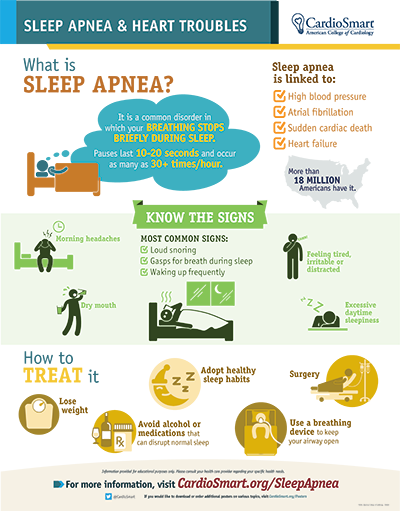Obstructive sleep apnea (OSA) is a condition that disrupts your breathing during the night, often for more than 10 seconds at a time. This interruption in airflow can lead to fragmented and unrefreshing sleep, which affects not only your rest but also your overall health. In this article, we'll explore the causes, symptoms, and treatment options for sleep apnea, offering practical advice to help you manage or even reduce its impact on your life.
Understanding Sleep Apnea
Sleep apnea occurs when the muscles in your throat relax too much during sleep, causing your airway to collapse temporarily. This leads to pauses in breathing, which may happen dozens—or even hundreds—of times throughout the night. Each pause forces your brain to wake you up slightly so you can resume breathing, preventing deep, restorative sleep. Over time, this cycle can contribute to serious health issues such as high blood pressure, heart disease, diabetes, and cognitive decline.
Common symptoms of sleep apnea include loud snoring, gasping for air during sleep, morning headaches, dry mouth upon waking, and excessive daytime fatigue. While some people experience these symptoms without realizing they have sleep apnea, others may notice their partners observing episodes where they stop breathing altogether.
Treatment Options for Sleep Apnea
There are several effective treatments available for managing sleep apnea. The most appropriate option depends on the severity of your condition and personal preferences. Below are some widely recommended approaches:
Continuous Positive Airway Pressure (CPAP): A CPAP machine delivers steady air pressure through a mask worn over your nose or mouth while you sleep. It keeps your airways open, ensuring uninterrupted breathing throughout the night. For many patients, consistent use of CPAP significantly improves sleep quality and reduces symptoms.
Oral Appliances: Custom-fitted devices designed by dentists or orthodontists can reposition your jaw or tongue to keep your airway clear. These appliances are particularly useful for individuals with mild to moderate sleep apnea who find CPAP cumbersome or uncomfortable.
Lifestyle Changes: Making healthier choices can play a crucial role in reducing the frequency and intensity of sleep apnea episodes. Losing weight, staying physically active, avoiding alcohol and sedatives before bedtime, and maintaining good sleep hygiene are all proven strategies for improving outcomes.
Positional Therapy: Sleeping on your back can exacerbate sleep apnea because gravity pulls your tongue and soft palate toward the back of your throat, narrowing your airway. To encourage side-sleeping, consider sewing a tennis ball into the back of your pajamas or placing pillows behind you to discourage rolling onto your back.
Natural Remedies and Home Solutions
In addition to medical interventions, certain home remedies can complement traditional treatments and promote better breathing during sleep:
- Maintain a Healthy Weight: Even modest weight loss can dramatically reduce the number of apnea events per night.
- Practice Yoga: Breathing exercises and relaxation techniques practiced in yoga may enhance lung capacity and calm the nervous system.
- Use a Humidifier: Adding moisture to the air can soothe irritated nasal passages and make breathing easier, especially during dry winter months.
- Avoid Alcohol and Smoking: Both substances relax the throat muscles and increase inflammation, worsening sleep apnea.
It's important to note that while these natural methods can be beneficial, they should not replace professional care if your sleep apnea is severe. Always consult with a healthcare provider to determine the best course of action for your specific situation.
Why Managing Sleep Apnea Matters
Untreated sleep apnea doesn't just affect how well-rested you feel—it can also take a toll on your long-term health. Studies show that people with untreated OSA face higher risks of cardiovascular problems, metabolic disorders, and mental health challenges. By addressing sleep apnea early, you can protect yourself from these complications and enjoy improved energy levels, mood stability, and overall well-being.
If you suspect you might have sleep apnea, talk to your doctor about getting evaluated. Diagnostic tools like overnight sleep studies can confirm whether you have the condition and assess its severity. From there, you and your healthcare team can develop a personalized plan to help you breathe easier and sleep soundly once again.
The world is full of distractions, but prioritizing your sleep health ensures you're equipped to face each day with clarity and vitality. Don't let sleep apnea hold you back—take proactive steps today to reclaim the restorative rest you deserve!

